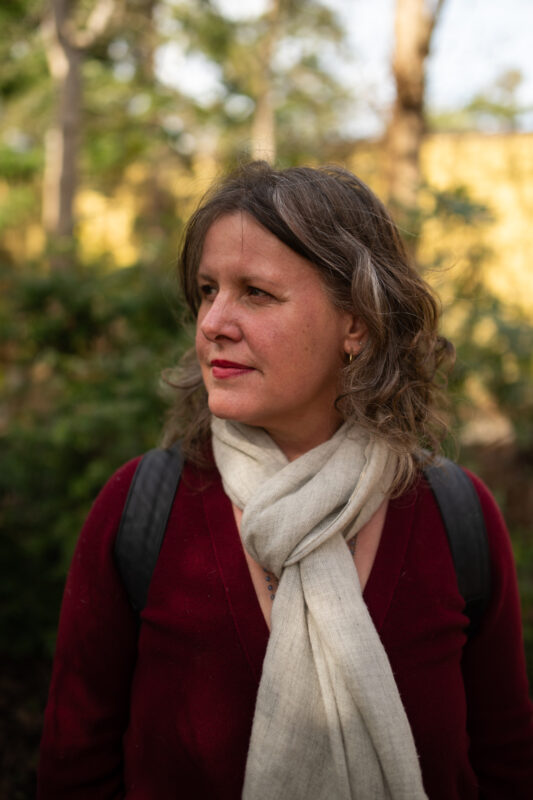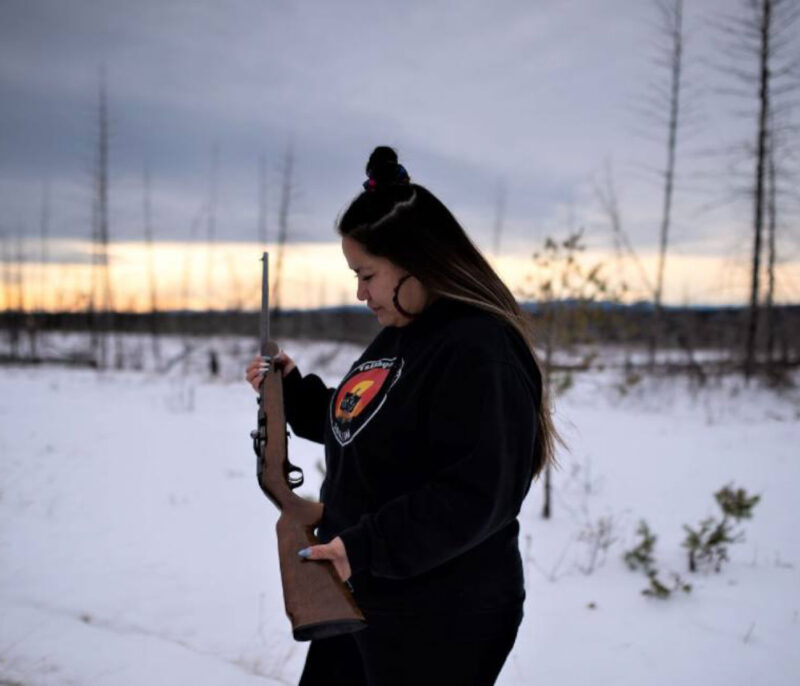“Sometimes there were snakes in the water.”
John Gabriel Georlin

Living in a flood-prone neighborhood his whole life, John, 20, is accustomed to the effects of the frequent typhoons that hit Negros Island in the Philippines.
John is a student of the University of Negros Occidental-Recoletos and lives in a neighbourhood in Bacolod with his father, mother, and younger sister, along with two dogs and seven cats. He finds the immense work of preparing for a typhoon and dealing with its aftermath frustrating and exhausting. His family often loses appliances and other belongings in the floodwaters caused by such storms.
Typhoon Ulysses in 2020 was one of the worst climate-driven disasters John has experienced in his lifetime. He did not expect the floodwaters to get so high. Since then, he’s been better prepared for flooding, but he still fears for the safety of his family and the loss of their possessions during typhoon season. He worries the disasters will get worse due to climate change.
I live in the Singcang-Airport area, which is really prone to disasters. Once the water rises here, someone from the neighborhood will announce that the water has increased, so you need to raise your belongings. You have to take all belongings, no matter how heavy, to a higher level so that they don’t get wet. It’s stressful. You really get exhausted.
On that day, the rain was already heavy in the afternoon. I left school, and I was on my way home. I was in a jeepney, and the moment I got off and stepped onto the street, I felt the water around my legs. It was about 10 inches high.
When I got home, there was no flooding yet, but during the night, the water got higher and reached knee-level.
During that time, there was no one else in our house. It was just me and my father. We did not have the manpower, so we were not able to raise all of our things because the water rose so fast. So, we had belongings left in the water. Even our rice was damaged by water.
You could see neighbors panic about where to put their belongings. My neighbours were shouting, “Lift the fridge!”
It’s hard because you don’t expect these things. The wind was so strong and trees just suddenly fell. Sometimes, there were snakes in the water, but we would not know because the water was murky.
I also saw all the waste that people had thrown into the river. It came back in the floods. The water receded, but the garbage was left behind. It’s like it was being thrown back at people. There was the smell of mud, the smell of garbage, or maybe you would smell diapers. You would see the garbage and floors covered in mud, and stuff that was wet.
Our neighbours stayed up all night getting the water out of their homes, and they got no sleep. We slept in a temporary area because the lower part of our house was flooded. We had a bunk bed, but the sleep was not enough. You would think about waking up the next day and having a lot to clean up.
After the typhoon, we heard neighbours talk about how high the flood was. If your house had garbage from the river, the smell would be really unpleasant.
At the time, the only thing on my mind was that I had to get out of this place because, in our area, flooding is really common. It will not end. Barriers have been set up near the river, but the water still rises. So, I just really want to leave rather than stay there.
During my mother’s time, the river was clean. There were no floods. There were a lot of trees. Now, the houses are really crowded, and it really seems so different. Even my mother would say that the view has changed drastically.
The situation is more serious, but it’s also the fault of people. It’s their choice. We are experiencing this because of climate change. I really believe that because disasters are more serious. As they say, the older the world gets, the more disasters there are because there are more buildings than trees, overpopulation, and sea levels are rising.
Based on what I’ve experienced, I feel we should really focus on cleaning up the environment. And when there are disasters, it’s better to have more evacuation centers.
Related Stories

Sandy Ibrahim, Victoria, Canada

Tosh Sherkat, Victoria, Canada
